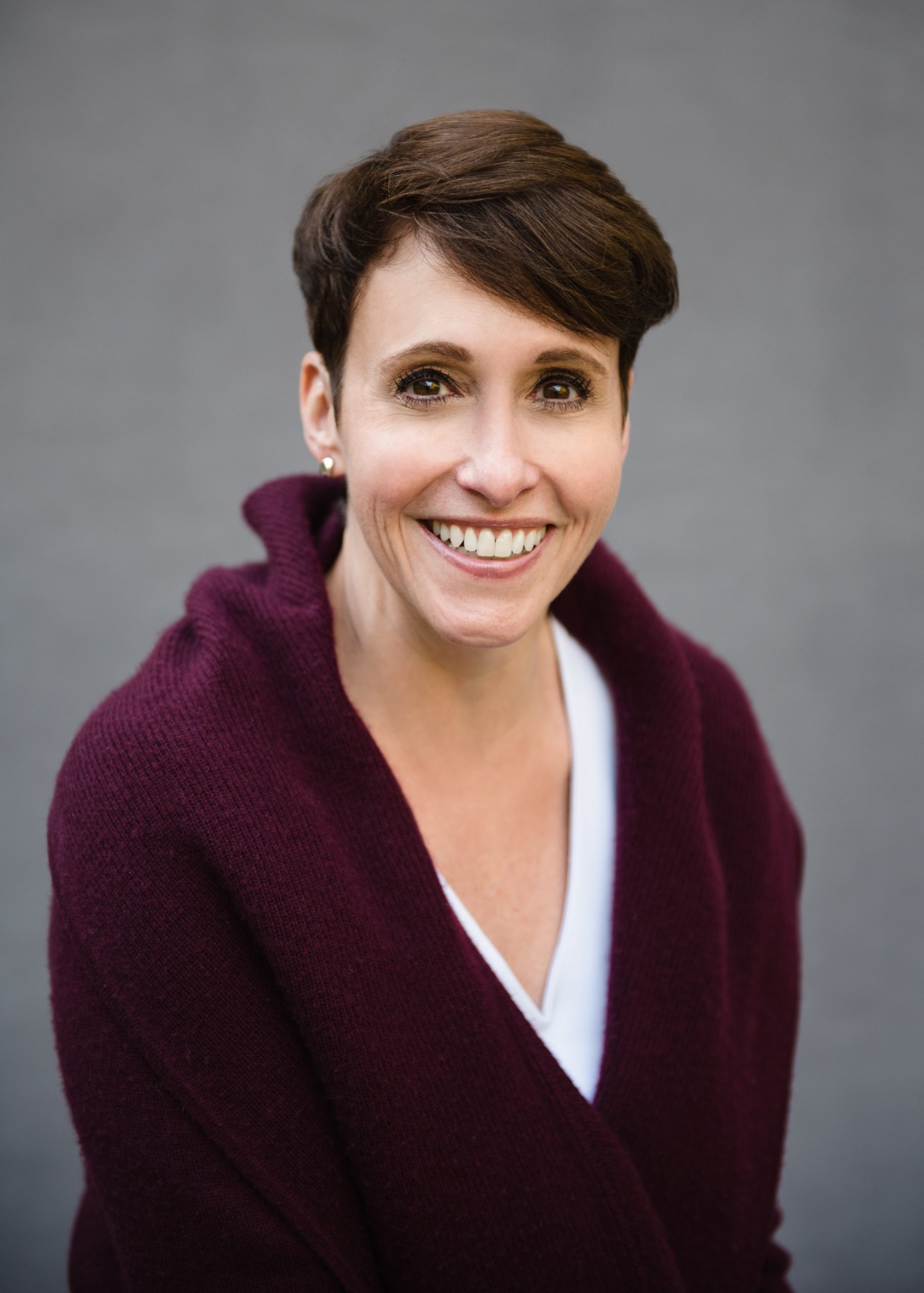GROWTH AND CHANGE
Culture of Collaborative Inquiry is my starting point
By Jennifer Abrams
Categories: Collaboration, Continuous improvement, Facilitation, Standards for Professional LearningJune 2022
Educators know how important it is to establish clarity before expecting accountability. Clarity about purpose and goals is necessary for having humane, growth-producing conversations and taking effective steps toward any new initiative or practice, including high-quality professional learning. Learning Forward’s newly revised Standards for Professional Learning are an essential piece to the clarifying conversation we all need to have about educator growth so we know what professional learning should look like. With this understanding, we can shape powerful professional learning that will help us create better outcomes for all students.
Any of the 11 standards can serve as an entry point for improving educator learning, but in my work with schools and districts, the Culture of Collaborative Inquiry standard is an especially valuable starting point. In its discussion of the standard, Learning Forward states, “When educators at every role, grade level, and content area collaborate for continuous improvement and support their colleagues’ ongoing learning and development, they increase learning opportunities for each student” (Learning Forward, 2022, p. 60).
Clarity about collaboration is essential yet often missing in the current moment. Many of us talk about collaboration, but we don’t immediately know how to establish a culture of collaborative inquiry or act within one. Although we have credentials in how to teach our students and our subjects, many of us haven’t focused enough on the skills, capacities, and mindsets around how to work together to examine our practice, grow as educators, and improve teaching and learning environments.
The Culture of Collaborative Inquiry standard acknowledges this need to grow our collaboration skills, asserting that effective professional learning “increases educators’ knowledge about the benefits of collaboration and strengthens their capacity and skills to collaborate” (emphasis mine) (Learning Forward, 2022, p. 61). The standard clarifies further by explaining specific skills and capacities that should be developed, “skills such as active listening, ensuring parity among speakers, respecting diversity of opinions, and shared decision-making” (p. 61).
In learning these skills and developing a collaborative, growth-oriented culture, educators increase their ability to contribute to each other’s development. How we work together matters. The willingness to engage thoughtfully and respectfully with the collective is critical to the work done in schools. As Alan Briskin and his co-authors write in The Power of Collective Wisdom and the Trap of Collective Folly, this stance of engagement with the collective “can be learned and practiced, becoming a new way of being in relationship with others, a new type of human association leading to unleashing the spirit of cooperation” (Briskin et al., 2009).
Professional learning that emphasizes collaborative inquiry has embedded within it two principles. First is seeing the group as a value-add to your work. This means that you understand how the group adds to your knowledge and development, how the group’s collective wisdom helps you grow more than you could have on your own. When you see the group as a value-add in your life and work, you learn from and with your colleagues on multiple levels, and, in the end, you are better for being a part of the team.
Second is understanding that “I” influences “we.” The old adage often repeated in schools is that there is no “I” in team. That’s a myth. Individuals matter. We all are shaped by those who surround us, and the collective needs to hear many perspectives. When we recognize and value each teammate’s stories, gifts, and diverse ways of seeing the world, it contributes greatly to the fabric of the collective, the learning of its members, and the shared future of a school.
As Stewart Levine writes in The Book of Agreement: 10 Essential Elements for Getting the Results You Want, “Because all of us are smarter than any one of us, we have come to recognize that the only way we can stay successful is to learn from and teach each other… . Our bottom-line goal is to get people to think beyond their own territoriality, to share, and to respect what others have to contribute” (Levine, 2002).
Ultimately, learning from one another makes us better able to serve students. When we follow the Culture of Collaborative Inquiry standard, we focus on student learning while working on growing our own collaboration skills. It isn’t an either/or but rather a both/and moment.
We are building the skills of collaborative inquiry in the service of better teaching and more student learning.
Download pdf here.

Jennifer Abrams (jennifer@jenniferabrams.com) is an independent communications consultant and leadership coach.
Categories: Collaboration, Continuous improvement, Facilitation, Standards for Professional Learning
Recent Issues
BUILDING BRIDGES
December 2024
Students benefit when educators bridge the continuum of professional...
CURRICULUM-BASED PROFESSIONAL LEARNING
October 2024
High-quality curriculum requires skilled educators to put it into...
LEARNING TO PIVOT
August 2024
Sometimes new information and situations call for major change. This issue...
GLOBAL PERSPECTIVES
June 2024
What does professional learning look like around the world? This issue...












